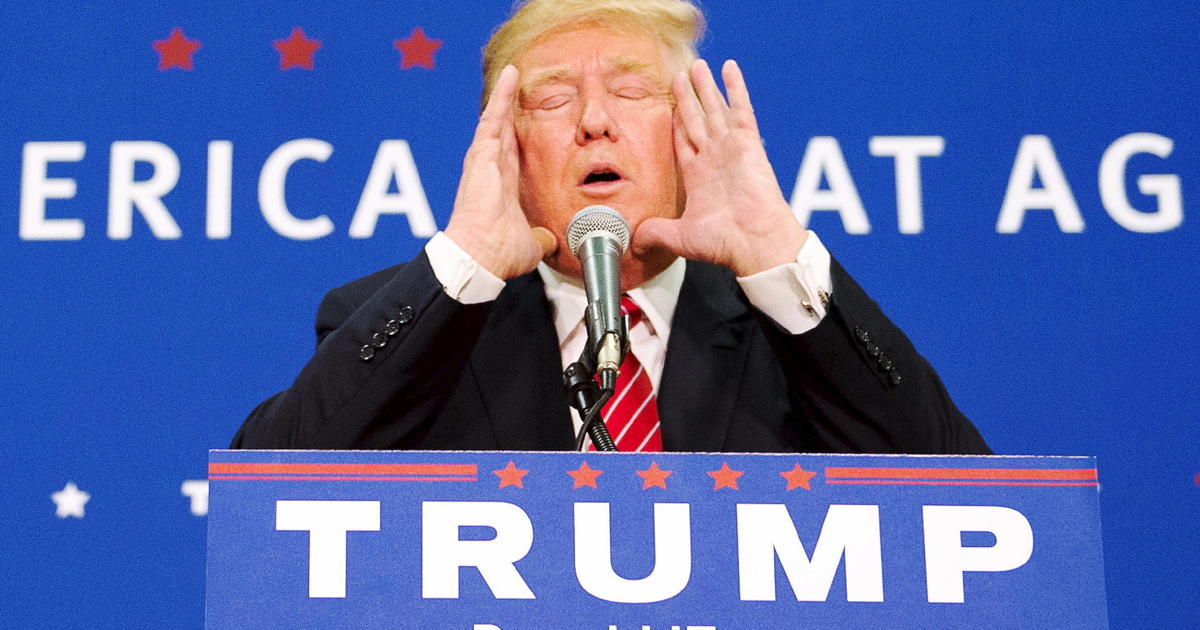
Bioethics in the age of Trump
Do bioethicists need to redefine themselves to defy “authoritarian populism”?

The election of Donald Trump and the emergence of “authoritarian populism” has given rise to some tensions within academic bioethics. One article in the current issue of the Hastings Center Report argues that bioethicists should act as champions of a more communitarian politics, pushing back against narrow and divisive trends which are threatening constitutional democracies. Mildred Z. Solomon, the president of The Hastings Center and a bioethicist at Harvard Medical School, and Bruce Jennings, of Vanderbilt University, write:
Although bioethics is often known for its scholarly analyses and recommendations regarding specific policy issues in health care, life sciences research, and biotechnologies, in fact, from its inception, bioethics has been concerned with the age-old communitarian question, how should we live together? Bioethics has often contributed to political philosophy and political culture by exploring essential democratic values such as liberty, equality, justice, pluralistic solidarity, and parity of voice and participation. In doing so, it has in turn drawn upon the political and moral traditions and culture of constitutional democracy. If the environment of free and open normative discussion and debate became constricted, our field would be intellectually and morally hobbled. The historical record suggests that the ethos of authoritarian populism depends on exactly this sort of constriction.
There is a measure of inconsistency in their plea to resist Trump. The President draws his support from people who feel that they have been let down by elites (possibly including some bioethicists) who have destroyed communitarian values in their communities. So a plea to focus on communitarianism might ring hollow in some quarters. And then, as they acknowledge, most modern bioethics is squarely based on autonomy, “freedom from outside interference in personal choices”, in issues like abortion and euthanasia. Is it a bit late to call for a “more relational view of autonomy” after decades promoting radical individualism?
The article sparked a response from Franklin G. Miller, a bioethicist at Weill Cornell Medical College. He shares Solomon and Jennings’s dislike of the Trump Administration but complains that they are assuming that all bioethicists share their “liberal progressive perspective, as filtered through a communitarian lens”. He concludes:
Regardless of the political affiliations of most bioethicists, bioethics is not politics. While the scope and limits of bioethics are open to debate, I see risk without compensating benefits in the call for bioethics to expand its mission to encompass political opposition to populism. There is a danger of undermining the integrity of bioethics if the important work of bioethics scholarship is conflated with political advocacy.
https://www.bioedge.org/images/2008images/TH_rts2ikh.jpg
Creative commons
https://www.bioedge.org/images/2008images/rts2ikh.jpg
bioethics
